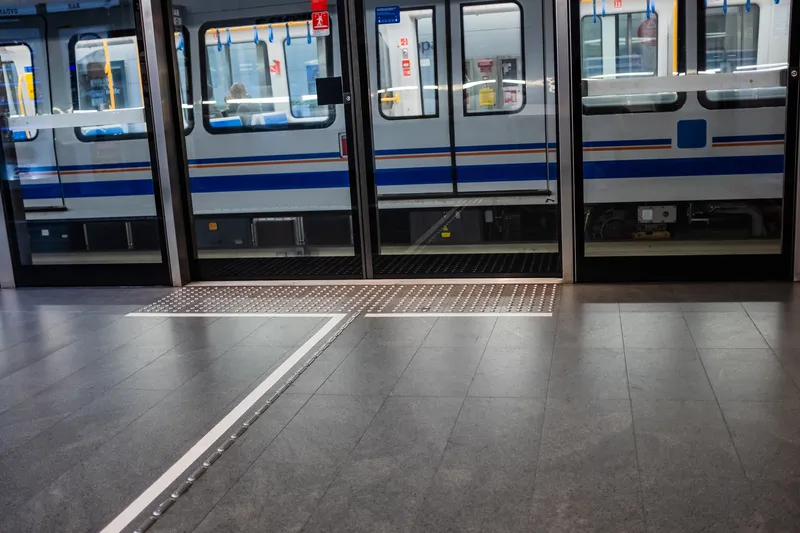Thales has signed a new US$26.3 million signalling contract with Turkish State Railways (TCDD) to install the ETCS Level 2 system, including automatic train protection and GSM-R communications, for the 250 km double-track Eskisehir-Sincan section of the Ankara-Istanbul high-speed line.
March 14, 2012
Read time: 1 min
Thales is already closely involved in the project to upgrade the Ankara-Istanbul line and has been awarded ETCS Level 1 contracts for more than 400 km of double-track sections. The company delivered signalling and telecommunications solutions for the 256 km Hasanbey-Esenkent section in Phase 1 of the project, and is currently deploying signalling systems for a total of 180 km of other sections of the line.










